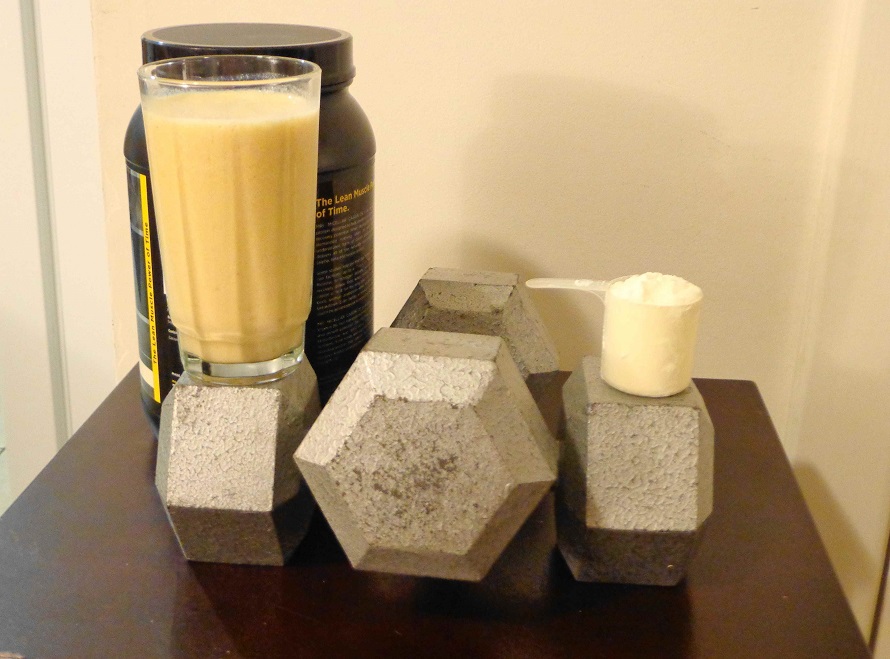 Whey protein provides a good source of nutritional value not only for your body but it also aids in promoting the growth of lean muscle mass. It’s nutritional value is like a food source for athletes that delivers a quick and fast source of nourishment to the muscles that is essential for growth. It’s low in lactose content and contains all the essential amino acids which are beneficial to the growth of lean muscle mass.
Whey protein provides a good source of nutritional value not only for your body but it also aids in promoting the growth of lean muscle mass. It’s nutritional value is like a food source for athletes that delivers a quick and fast source of nourishment to the muscles that is essential for growth. It’s low in lactose content and contains all the essential amino acids which are beneficial to the growth of lean muscle mass.
Whey protein is composed of Beta-lactoglobulin from cow and sheep’s milk, Bovine serum albumin which is a protein derived from cows, Alpha-lactalbumin which is a protein that contains all the branched-chain amino acids (BCAA), and immunoglobulin which is a protein mainly produced by plasma cells to neutralize bacteria and viruses in the body’s immune system.
Whey protein can be broken down into three categories or types. These specific types of whey are Whey Protein Concentrate which has about 30% protein and contains low levels of fats and carbohydrates. Whey Protein Isolate which is free of lactose, fats and carbohydrates containing 90% protein and Whey Protein Hydrolysate whose consumption allows amino acids to be absorbed by the body more rapidly to ensure nutrient delivery to muscle tissue.
Besides whey protein promoting muscle growth which is its most popular well-known benefit, it also has certain health benefits. Even though more studies are required to make evidence a definite conclusion, single studies have shown that certain fractions of whey protein aid in healthy weight loss because of its high leucine content such as Prolibra and Bioactive Peptides to burn fat and produce lean muscle mass. There are also studies that have concluded that cholesterol levels were decreased in certain individuals who consumed whey protein. Research has also shown that patients with hypertension found a reduction in their blood pressure levels as a result of whey protein being a part of their dietary supplement source.
People who are allergic to milk may be allergic to whey protein. Moderate to low doses should not cause any potential side effects but the possibility of allergic reactions are more likely to occur if taken in high doses. Side effects ranging from headaches to stomach pains and nausea are a possibility for highly allergic individuals. With all that being said, making whey protein a part of your dietary supplement plan will give you achievement in better gains in strength while adding on lean muscle tissue.
